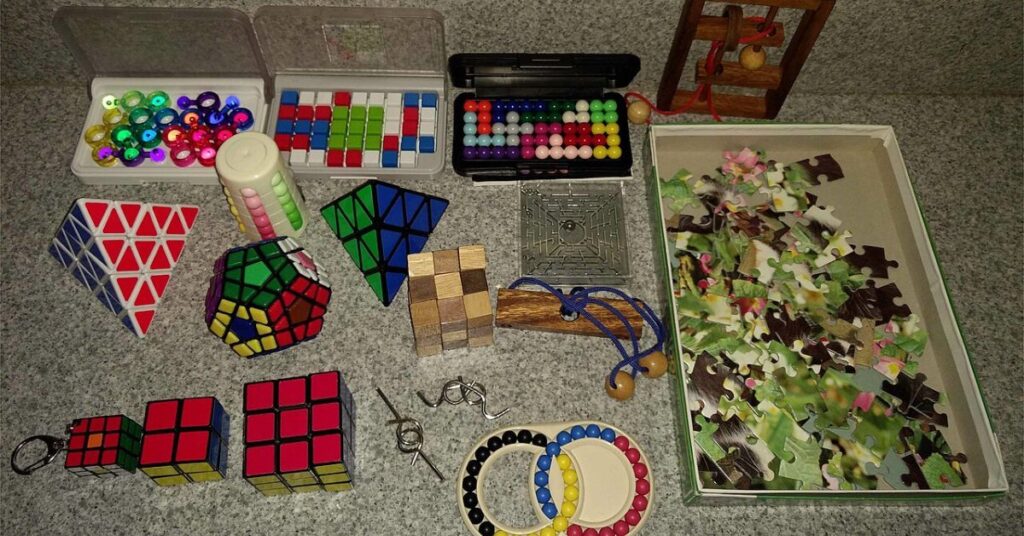When you’re out of work, the days can feel painfully long and your confidence can shrink just as fast. But what if sharpening your mind could become the highlight of your day — and even help you stay sharp for your next big opportunity? Enter Strands, the New York Times’ latest word puzzle phenomenon. It’s more than just a distraction — it’s a daily mental workout that thousands of unemployed readers are using to stay sharp, feel accomplished, and beat that creeping sense of stagnation. You don’t have to be a word nerd to win, just curious, persistent, and ready to challenge yourself in a way that feels fun and empowering.
The New York Times’ Strands puzzle is turning into a secret weapon for anyone feeling stuck at home. This clever game challenges you to connect hidden words around a daily theme, hunting for clues while stretching your brain in new ways. For those navigating unemployment, it’s a welcome mental boost that not only distracts from job worries but also builds the kind of pattern recognition and problem-solving muscles that employers value. And the best part? Whether you win or not, you finish each puzzle feeling sharper, stronger, and more confident — a win in itself.
Today’s puzzle, for example, was deceptively simple: the theme was “Counter Offers.” But unless your mind was tuned into a café’s menu, you’d likely miss the answer entirely. After wrestling with possibilities, the game rewards you with those delicious “aha” moments, uncovering words like CHAI, SOUP, PASTRIES, SANDWICHES, JUICES, and ESPRESSO. The game’s secret weapon — the Spangram — ties it all together. Today’s answer? CAFEMENU. Solving it feels like cracking a code, and that hit of satisfaction is a real mood-lifter.
For jobseekers, this little ritual is more than play. Studies show that engaging in problem-solving and word puzzles can improve memory, attention, and cognitive flexibility — all skills that employers appreciate. Plus, the small, daily habit of completing something fuels momentum, which is often hard to find when you’re in between jobs. The Strands community even offers camaraderie, with people trading hints, stories, and support online, making unemployment a little less lonely.
| Today’s Strands Puzzle Summary | Details |
| Puzzle Theme | Counter Offers |
| Total Words Found | 6 Theme Words + 1 Spangram |
| Spangram Answer | CAFEMENU |
| Common Theme Words | CHAI, ESPRESSO, SOUP, JUICES, PASTRIES, SANDWICHES |
If you’re feeling stuck or isolated while unemployed, small wins can make a big difference. Here are a few real, practical ways to use puzzles like Strands to stay sharp and motivated:
- Start your day with a brain game instead of doomscrolling job listings. It sets a better tone.
- Use the themes as conversation starters on LinkedIn or in interviews — employers love curiosity.
- Pair your puzzle-solving with your morning coffee to rebuild a daily routine.
What is the New York Times Strands puzzle?
Strands is a daily word game created by the New York Times. The goal is to find hidden theme words in a 6×8 letter grid. All theme words relate to a daily clue, and one special word, called the Spangram, connects two sides of the grid and reveals the puzzle’s core theme.
How many words are in each Strands puzzle?
Each puzzle typically contains:
1 Spangram (the central theme word)
6–8 Theme Words that match the puzzle’s clue
The exact number can vary slightly day to day.
What was the Strands puzzle theme on April 22, 2025?
The theme was Counter Offers, and the puzzle focused on items commonly found on a café menu. The Spangram was CAFEMENU.
How do hints work in Strands?
Every time you find three valid non-theme words (four letters or longer) in the puzzle, you earn a hint. Hints will either reveal the letters of a theme word or highlight its position in the grid. This can help you progress even if you’re stuck.
Why is Strands becoming popular among unemployed people?
Word puzzles like Strands help people stay mentally sharp, focused, and engaged — especially during long job searches. Solving puzzles also creates a sense of achievement, which can boost self-confidence and motivation during tough times.
Every puzzle solved is a quiet reminder: you’re still sharp, still growing, and your next opportunity is out there.



















